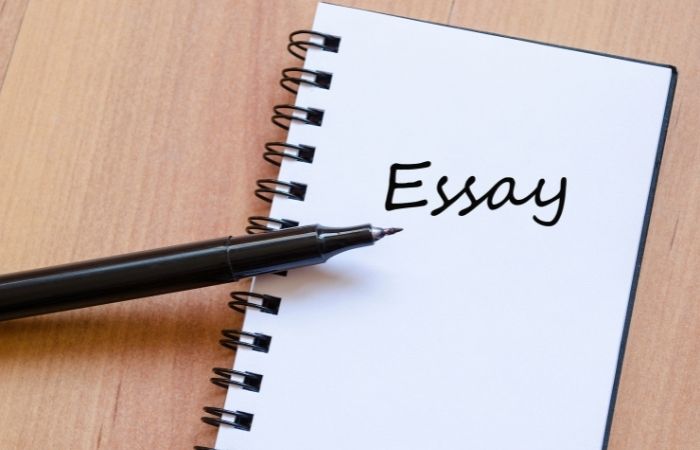Writing college essays can be a daunting task. Not only do you have to write about yourself, but you need to stand out from the crowd of other applicants who are going to be doing the same thing to get accepted into their school of choice. With custom essay writing services on the rise, many students don’t know how to start or finish writing their essays and end up getting rejected from the school they’ve always dreamed of attending. Follow this guide on writing essays for college students to make sure that doesn’t happen to you!
Table of Contents
Introduction
Everybody finds writing essays hard. It is an art that requires plenty of experience and skill to write amazing content. But, with time and practice, you will eventually get better at it. You must not be worried if you’re not a great writer. As long as you practice regularly, your writing will surely improve over time. In any case, students looking forward to preparing for college should read on and find some useful tips that could help them improve their writing skills in no time at all! Follow these easy tips now and ace your essay without much effort: Start by reading over your topic carefully before beginning to write down each point to avoid missing out on something vital or irrelevant.
Beginnings
You can take many different writing approaches, but one of my favorites is to start with a thesis sentence. What’s a thesis sentence? It’s an opening sentence that (hopefully) sums up your entire essay and lends itself to the future argument. Think of it as your paper’s main idea. Here’s an example: The proliferation of computers in our society has made it easier for people to communicate and share information. Not too bad! Many students begin their essays with a boring; I think that… or some version thereof. These lead-ins will immediately make you sound unfocused, unsure, and most likely unconfident about what you’re about to say.
Middles
A good paragraph often has a topic sentence in essays followed by a few supporting sentences. The point of each paragraph is to take your reader through an idea and expand on it. If you notice that you’re always starting with something like First, Next, or Then, you might want to check how many paragraphs are in your essay. Having only three or four is ideal. While some professors will tell you to start with I statements and support them with detailed examples, if they aren’t grammatically correct—that’s considered lazy writing! This means using things like myself, himself, etc.—your essays should sound smart! Good sentences not only have punctuation; they have formed.
Endings
How to End an Essay. Regarding essay writing, how you end your piece is just as important as how you begin it. A strong ending leaves a lasting impression on your reader and ties all your points together in a neat little package. Keep these tips in mind when you’re writing your essay’s conclusion. A well-written essay should be like a pyramid: broad at its base, with lots of supporting details at its middle, and narrow at its tip (with only one main point). Your conclusion should reflect that structure. Start by restating your thesis statement (in different words) or giving a quick summary of what you’ve discussed. Then tie up any loose ends by discussing whatever topics or ideas didn’t get covered earlier in your paper.
Finally, leave readers with something memorable—an interesting quote or statistic, for example—that will make them think about your topic differently than before they read your paper.
If you find it hard to write your essay after going through this guide, then you need to contact one of the best custom writing service.


